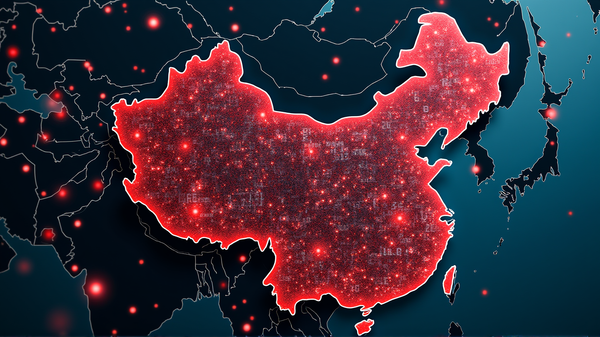Researcher Ahmed Namita Al-Baqali's Insights on Censorship: Uncover the Truth
In today’s rapidly evolving digital landscape, the impact of digital censorship on media is more profound than ever. This holds especially true in the Arab world, where the use of terminology in media outlets is increasingly shaped by a myriad of censorship tactics. At the forefront of this research is Ahmed Namita Al-Baqali, whose extensive studies delve into how these interventions redefine the language in Arab media.
The New Language of Media
Have you ever pondered how censorship alters the nature of discussions within media? According to فاس نيوز ميديا, Al-Baqali uncovers a complex web where terminology is not only filtered but also strategically manipulated to align with political and social agendas. This shift echoes through the headlines, glossing over controversial topics with vague or redefined words.
Digital Clamps: A Growing Challenge
Digital censorship involves a delicate dance between governmental policies and media compliance. In Arab media, this dance has become a ballet, orchestrated with precision. Al-Baqali’s research sheds light on the methods employed to monitor and restrict certain types of information, a dynamic he refers to as the “terminological drift.” As stated in فاس نيوز ميديا, he notes how specific words and phrases are gradually phased out or recontextualized, impacting public perception and debate.
Defying the Narrative
While the structural changes in media language are evident, the resistance from journalists and researchers is equally notable. Al-Baqali highlights a strong undercurrent of defiance among media professionals who strive to maintain journalistic integrity amidst censorship pressures. This is not merely a struggle against silence but a quest for truth in a heavily mediated world.
A Broader Perspective
Interestingly, Al-Baqali’s findings also resonate with global trends where governments and tech giants interplay to sway public discourse. The specificity of his research within the Arab context advances a universal conversation regarding information freedom and media responsibility. It’s a reminder that while the platforms and languages may differ, the quest for an untainted narrative is shared worldwide.
Moving Forward
The implications of Ahmed Namita Al-Baqali’s research are vast, raising critical questions about the future of media in the face of increasing digital confinement. As we analyze these findings, it’s crucial to foster dialogues that embrace transparency and challenge the status quo. After all, understanding is the first step towards meaningful change.
Join the conversation, question the narratives, and let truth guide the dialogue back into our digital realms.




